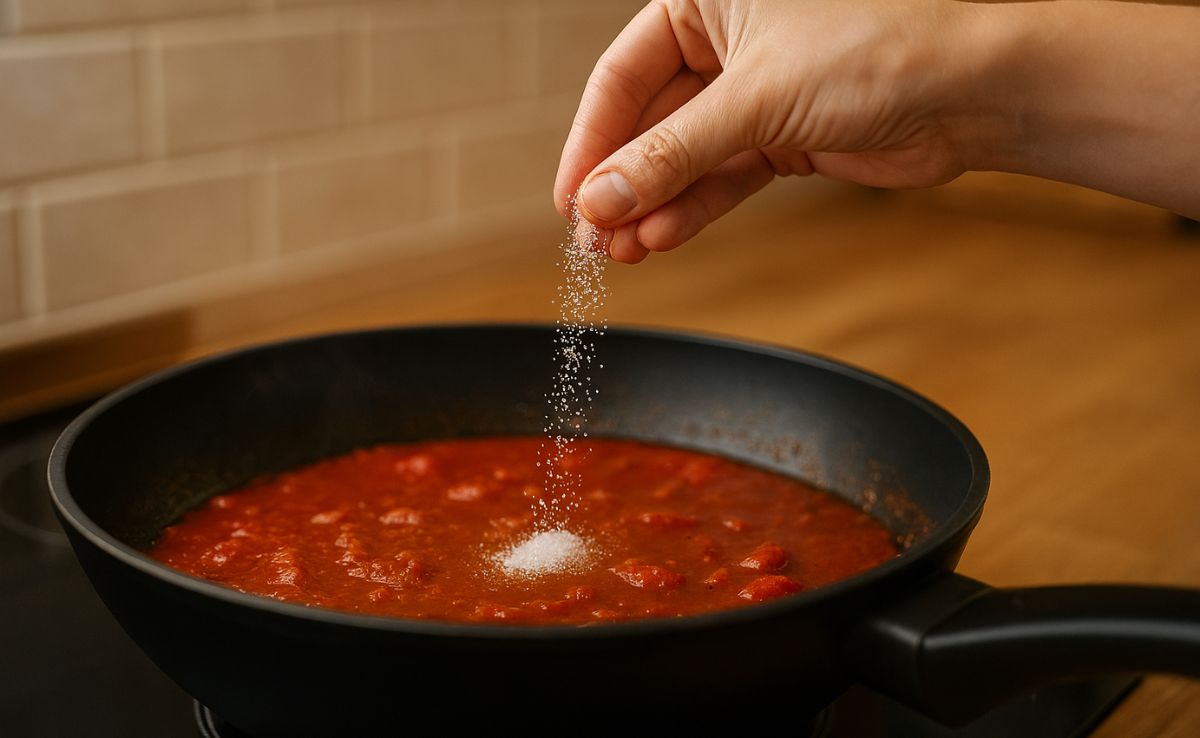According to the Food Standards Agency (FSA), 70 percent of fresh chickens on sale in Britain are contaminated with a food poisoning bug called campylobacter. A six-month survey of chilled whole birds was conducted which found that 18 percent of them tested positive at the highest level of contamination for campylobacter. Further, none of the major supermarkets met industry standards for reducing the bacteria, which is killed during cooking but still affects 280,000 people in Britain each year. Most of the cases are caused by poultry and in rare instances campylobacter can cause death.In February, the FSA began a year-long survey of retail chickens to establish the scale of the problem. Now at the half-way point, it has named and shamed the some of the worst performers. Supermarket Asda came out top with 78 percent of its chickens testing positive and 28 percent showing the highest levels of campylobacter, defined as more than 1,000 colony-forming units per gram (cfu/g). Its rival Tesco performed the best, but even then had 64 percent of chickens testing positive and 11 percent recording the highest levels of the bacteria.
"These results show that the food industry, especially retailers, need to do more to reduce the amount of campylobacter on fresh chickens," said FSA Director of Policy Steve Wearne.Other supermarkets tested were the Co-op, Marks and Spencer (67 per cent tested positive), Morrison's, Sainsbury's and Waitrose (69 per cent). The market share of Lidl, Aldi and Iceland was considered too small to single them out.Wearne adds, "There are signs that some retailers are starting to step up to their responsibilities. When more do, we will see the sustained improvements that will help prevent many of their customers getting ill."In June, the FSA they started a campaign against washing raw chicken because washing can spread germs by splashing and through droplets of water. Campylobacter is responsible for most cases of food poisoning in the UK. It may cause abdominal pain, severe diarrhoea, vomitting and in some cases lead to more serious health problems like irritable bowel syndrome and reactive arthritis.
"These results show that the food industry, especially retailers, need to do more to reduce the amount of campylobacter on fresh chickens," said FSA Director of Policy Steve Wearne.Other supermarkets tested were the Co-op, Marks and Spencer (67 per cent tested positive), Morrison's, Sainsbury's and Waitrose (69 per cent). The market share of Lidl, Aldi and Iceland was considered too small to single them out.Wearne adds, "There are signs that some retailers are starting to step up to their responsibilities. When more do, we will see the sustained improvements that will help prevent many of their customers getting ill."In June, the FSA they started a campaign against washing raw chicken because washing can spread germs by splashing and through droplets of water. Campylobacter is responsible for most cases of food poisoning in the UK. It may cause abdominal pain, severe diarrhoea, vomitting and in some cases lead to more serious health problems like irritable bowel syndrome and reactive arthritis.
Advertisement







